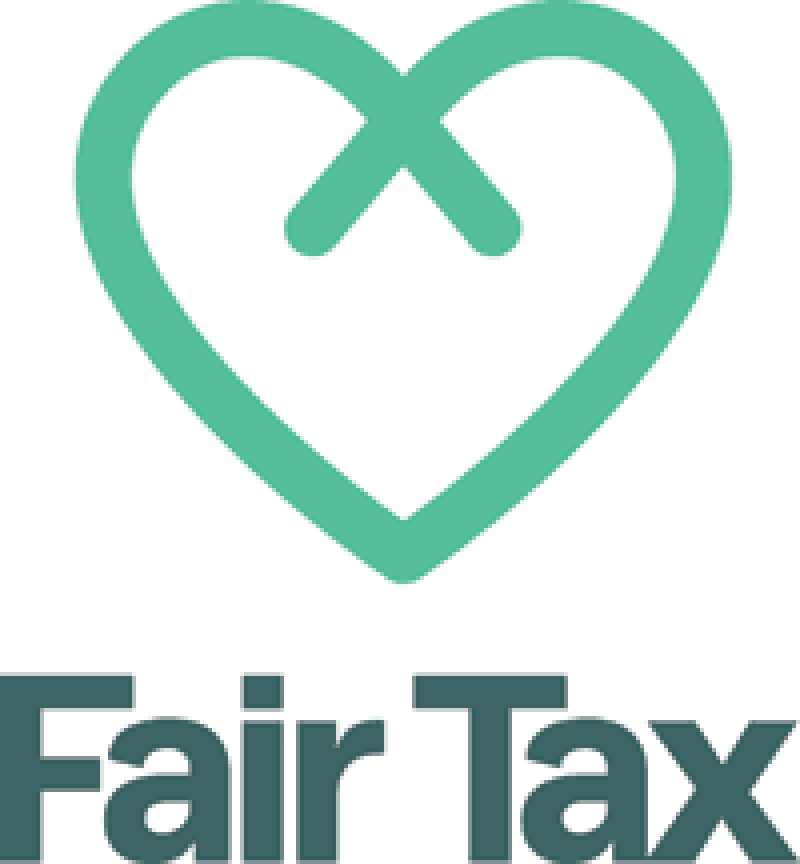
The last year has been one of fevered expectation with regard to tax reform. For many working in this field the focus of expectation for 2014 on the OECD. The reality for the public, however, is that the base erosion and profits shifting (BEPS) process is something remote, technical and candidly incomprehensible. They are not alone. I've been discussing tax issues with professional investment managers for more than a decade now. They too have little comprehension of what's going on in Paris. For them the issue is one of reputational risk, and for good reason.
In November 2013 the Institute of Business Ethics reported that: "Worries about tax avoidance have shot to the top of public concerns about business behaviour, replacing executive remuneration by a wide margin, according to the latest survey of public opinion conducted for the Institute of Business Ethics by IPSOS Mori".
What these managers know is that unless companies change their behaviour then the flow of bad news stories on tax will continue; IBM is just the latest in a line that is bound to continue. As such investment managers know that their stock picks are prejudiced by this issue of perception, whether the risk is real or not. The demand for data is what may characterise the tax debate in 2014 as much as anything else.
The new Fair Tax Mark, launched in February 2014, reflects this demand. First created as an assessment tool in 2013, some in the tax profession criticised the first iteration's methodology. We listened and learned as a result and the Mark has been redesigned in two quite fundamental ways.
Firstly, we no longer assess companies whether they like it or not. We now rate companies who want a Fair Tax Mark. For our launch we have quite deliberately focused on companies with a national trading focus. That is for a straightforward reason: we need to get issues right at this level before moving on to deal with multinational corporations, and by working with partners (we're calling them our pioneers), and a team of academic and professional advisers, we've worked through a host of issues to reach this stage. That said, over the next few months we're hoping to recruit 'multinational pioneers' who will want to work with us on the launch of the broader based mark, where the methodology is bound to be different.
Secondly, and despite this, the new focus of the Mark will be retained in the multinational version. That focus is now very heavily on tax policy, transparency and accountability. The tax rate that a company pays is still an issue because the public expects it to be, but it attracts a maximum of four marks in the assessment process, and only 13 out of 20 marks are required for a company to be awarded the Fair Tax Mark, which means it is not a deal breaker. The result is that a company can pay no tax and be awarded a Fair Tax Mark. On reflection we think that is right. Losses happen, of course. And it is also possible that sufficient allowances and reliefs could be given that a low or even no tax rate could result. It is not our purpose to penalise this.

|
Richard Murphy is the founder of the Fair Tax Mark |
However, no company will get a Fair Tax Mark unless it is transparent on three key issues:
Tax policy. Without one the company will probably fail the Fair Tax Mark process. And if it has one it has to publish it and make quite clear that first of all it is seeking to pay the right amount of tax (but no more) in the right place and at the right time.
Tax havens. The company will not make use of tax havens to artificially relocate profits.
Artificial transactions. The company will steer clear of all artificial transactions of the sort that might attract the automatic attention of tax authorities by, for example, running risk of falling foul of a general anti-avoidance principle.
Governance is at the heart of this, of course. This is key to investors and in the multinational corporation version reporting on outcomes will be expected.
Next the company will have to be transparent about its accounting. For national companies this focuses on disclosure alone. For multinational corporations country-by-country reporting will also be on the agenda. What we are setting is standards for accounting that go beyond those required by International Financial Reporting Standards. Our pioneers have shown willingness to embrace this; they realise that they have learned from the process. As a result I suspect very strongly that they think their stakeholders will too.
To be specific, we expect a reconciliation of both the current and deferred tax charges in the financial statements of the Fair Tax company, and not one combined statement. We also expect narrative notes to explain the reconciling items. Three word descriptions can be a cover for a multitude of sins in this area; narrative is a lot more powerful in revealing what is really going on. We also expect in due course to require reconciliations of cash paid tax to the current tax charge through the opening and closing tax liabilities. It seems glaringly obvious that this data should be on record, but that's for the future; right now you can get away without it.
Finally, we want to know what a company does. For the smaller and nationally-focused companies we are concentrating on this as it is a surprising challenge; many are extraordinarily reluctant to admit just what they do in their published accounts and yet without this data nothing in their financial statements is very meaningful. All accounting information only makes sense in comparison. For multinational corporations this is likely to require a focus on tax havens and why they are used, because that is where the risk is.
We are looking at disclosure then. The demand is: tell us about your tax. It is the way to eliminate risk in our opinion.
What is important to note is that we are not alone in thinking this. Last year EY said: "A lack of consistent usage means that tax transparency represents different things in different contexts but we see it as the communication of an organisation's approach to tax planning and compliance as well as the amount of tax it pays in order that stakeholders have confidence that a fair share of tax is being paid. Reporting, both voluntary and mandatory, is therefore a key element of tax transparency – simply complying with the current rules may no longer be enough".
We agree, and we are giving companies a chance to say that they do too.











